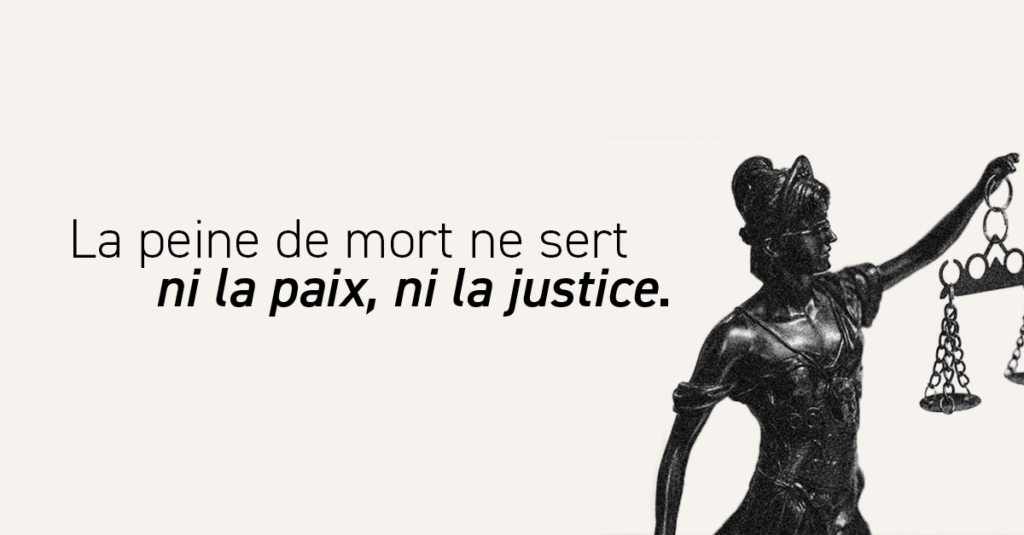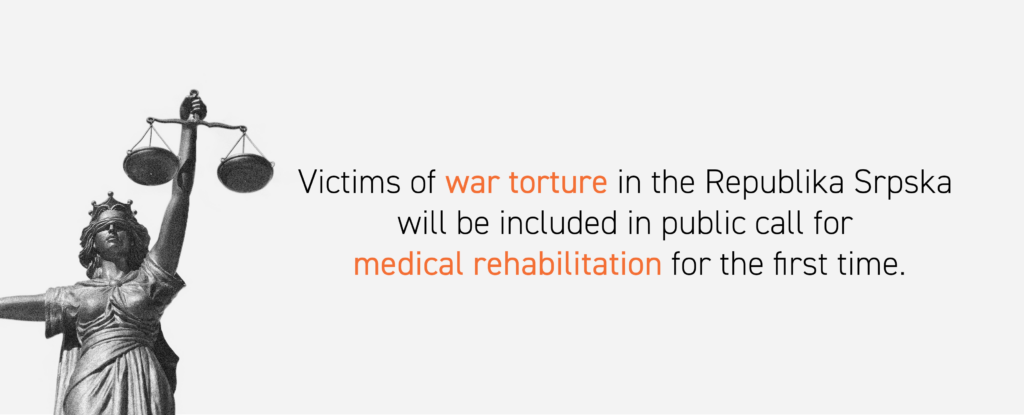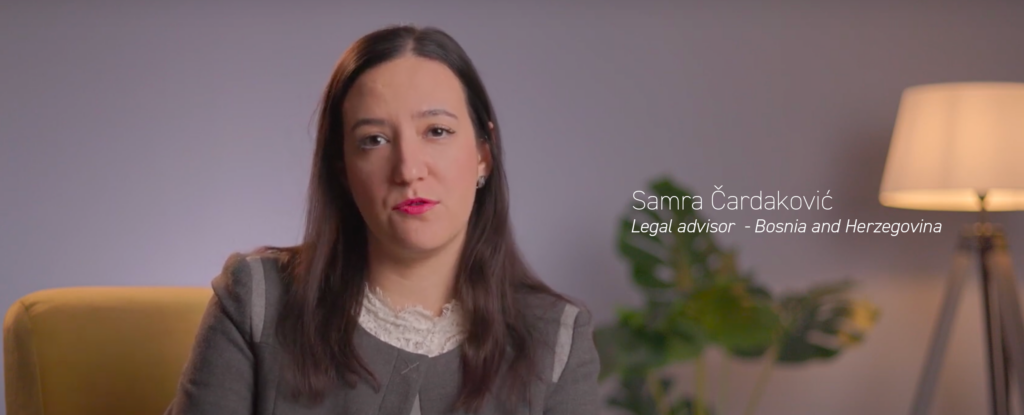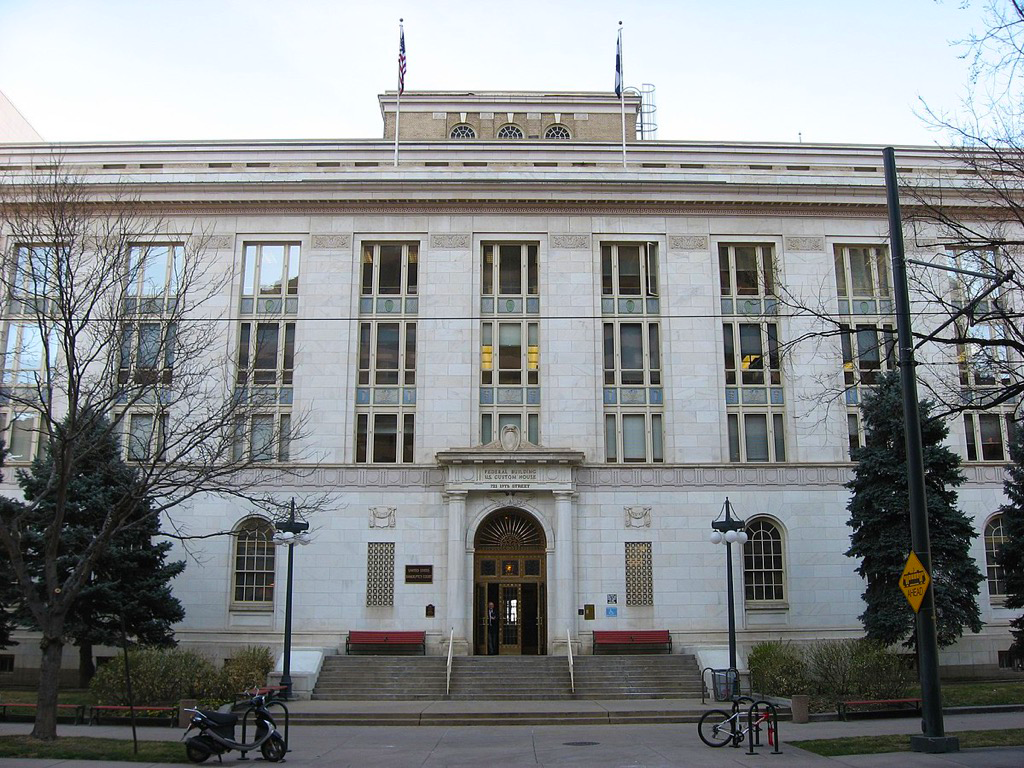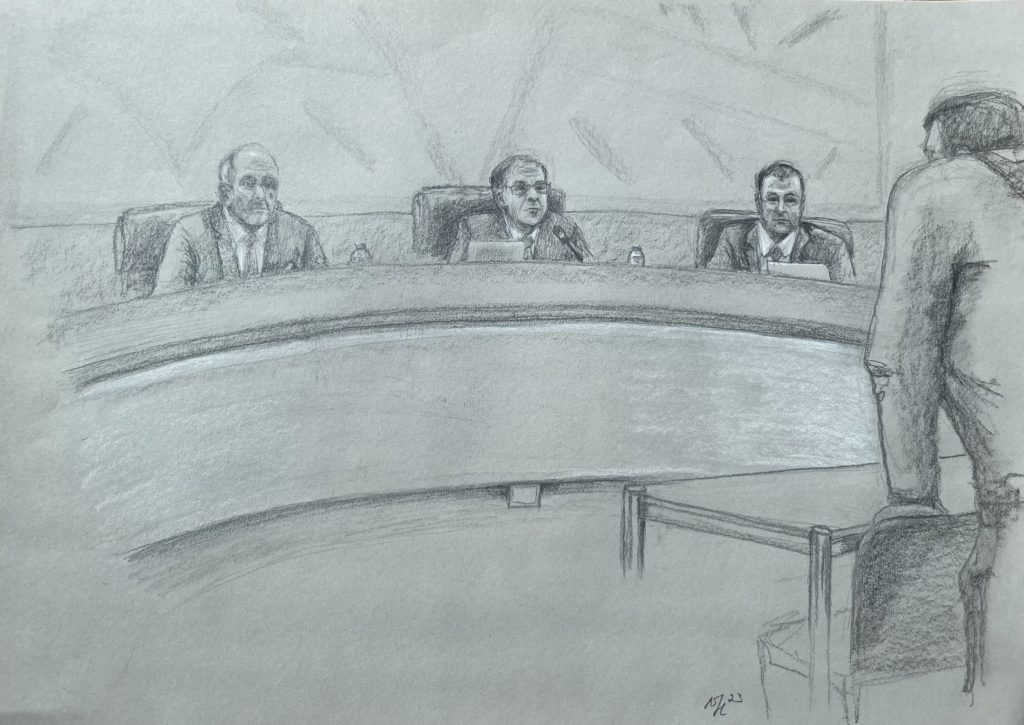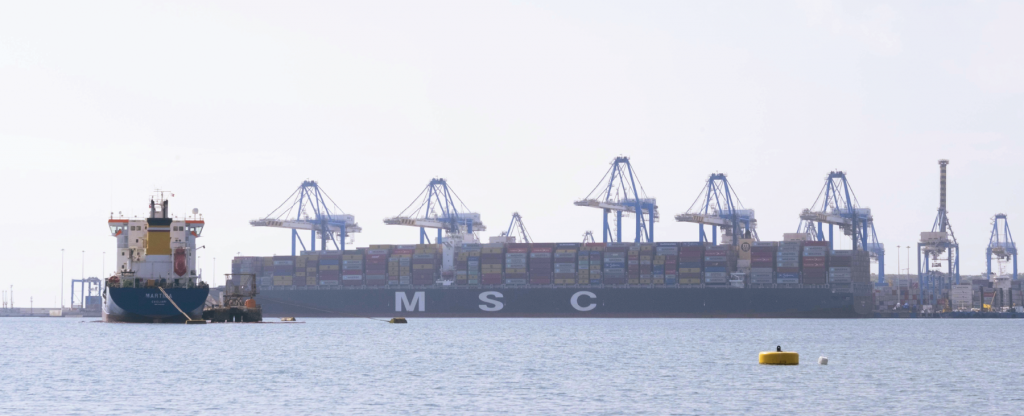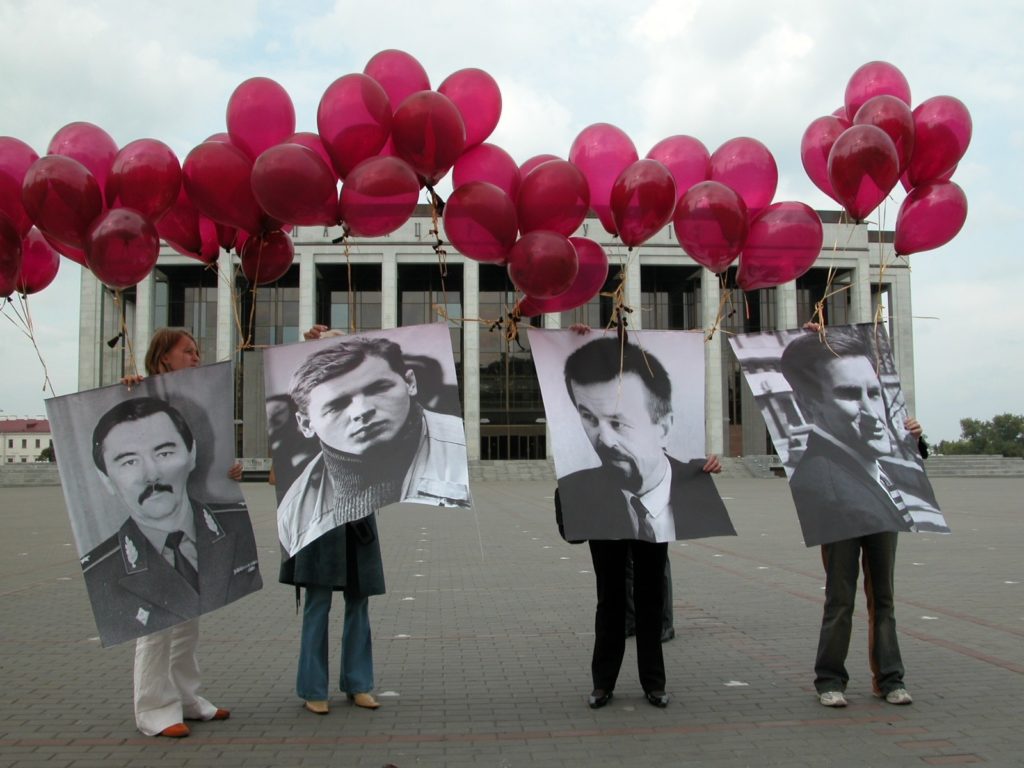Enforced disappearance of Djillali Larbi
Introduction
In October 2008, TRIAL submitted an individual communication to the United Nations Human Rights Committee on behalf of Djelloul Larbi, acting in the name of his father, Djillali Larbi. The latter was arrested by the Algerian police on 25 May 1994. He was subsequently detained for three weeks in different local police stations, and was transferred to an unknown location on 13 June 1994. His family has not heard from him ever since. This case is to be put in the broader context of the disappearance of thousands of Algerian citizens at the hands of the army and the various security forces in the country between 1992 and 1998.
On 25 May 1994, as Djillali Larbi was on his way by taxi to Mechraa Sfa with his employee, Larbi Mraimi, to buy spare parts for his harvesting machine, he was arrested at a police roadblock that was installed at the entrance to the village.
Following his arrest, he was detained for five days at the Mechraa Sfa police station, where he was subject to torture, the marks of which were evidenced by his relatives during a visit, and was then transferred to the nearby police station of Mellakou.
On 8 June, he was driven to the Tiaret tribunal, but brought back to the police station on the same day, without having a hearing before the State Prosecutor, who merely ordered the policemen to « take him back ».
He remained in detention in Mellakou for five more days, until 13 June. During a visit by his son to the police station on the morning of 14 June, he was told that his father had been « transferred », but received no information on the new place of detention. Djillali Larbi’s relatives have heard nothing concerning his fate ever since.
From the day of his disappearance, they have relentlessly undertaken initiatives to find him. They have searched for him in all the police stations, barracks and military prisons in the region; they have written a complaint letter to the State Prosecutor of Tiaret, to whom they also paid several visits. They have contacted the Algerian League for the Defence of Human Rights, the local section and secretariat of Amnesty International, the Human Rights Observatory. They have contacted the Head of Security and the Wali of the Tiaret wilaya, the President of the National Advisory Commission for the Protection and Promotion of Human Rights and the President of the Republic. Despite all these efforts, Djillali Larbi’s family have not received any information whatsoever about the fate of their relative.
Moreover, the Larbi family is now faced with a legal prohibition to resort to any judicial measure after the promulgation in February 2006 of the Order 6/10 enforcing the Charter for Peace and National Reconciliation, and risks a prison sentence if it were to do so. In addition, any Algerian jurisdiction is duty-bound to dismiss any such case.
The author of the communication, Djelloul Larbi, son of the victim, requests the Human Rights Committee to take provisional measures demanding that the State party releases his father, if he is still detained.
The Committee is also requested to recognize Djillali Larbi as a victim of enforced disappearance, a crime that infringed his most fundamental rights, as guaranteed by theInternational Covenant on Civil and Political Rights (the Covenant). The author of the communication asks the Committee to recognize a violation of articles 2§3, 6§1, 7, 9 §§ 1, 2, 3 and 4, 10 § 1 and 16 of the Covenant in respect of Djillali Larbi, and of articles 2 § 3 and 7 in respect of Djelloul Larbi himself, for the mental suffering he went through during so many years of incertitude about the fate of his father.
The proceeding is now pending before the United Nations Human Rights Committee.
The Decision
In August 2013, the Human Rights Committee communicated its decision (in French only), called “views” by the UN.
The Committee held that Algeria violated Articles 6 § 1, 7, 9, 10 § 1 and 16 of the International Covenant on Civil and Political Rights taken alone or in conjunction with Article 2 § 3 of the Covenant with regards to Mr. Djillali Larbi.
The Committee also held that Algeria violated Article 7 of the ICCPR, taken alone and in conjunction with Article 2 § 3 with regards to the victim’s family.
The Committee requested Algeria to conduct a deep and rigorous investigation into the disappearance of Djillali Larbi, to furnish his family with detailed information concerning the results of its investigation, to free him immediately if he is still being secretly detained or if, he is deceased, to return his mortal remains to his family.
Moreover, the Committee insisted on Algeria’s obligation to indict, try and sanction those responsible for the violations committed. Algeria was also required to pay an adequate compensation to the family of the victim for the violations endured.
General Context
7,000 to 20,000 persons, according to different sources, have been arrested or abducted by the various corps of the Algerian security forces, as well as by the government-armed militia between 1992 and 1998, and have been missing ever since.
Up to now, not one of the victims’ families has received any information about the fate of their relatives. Nor has any investigation has been initiated following the complaints and proceedings they tried to initiate, and although those who ordered or perpetrated these crimes are well known, no one has ever been called to account or far less prosecuted.

